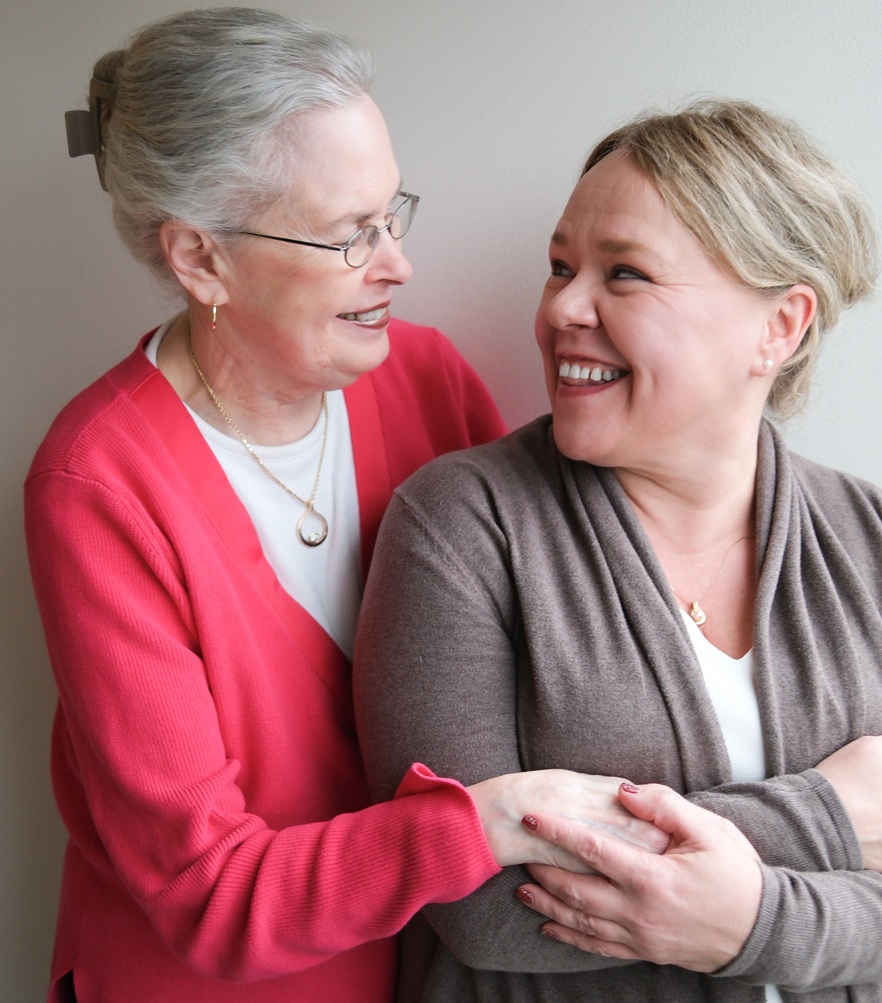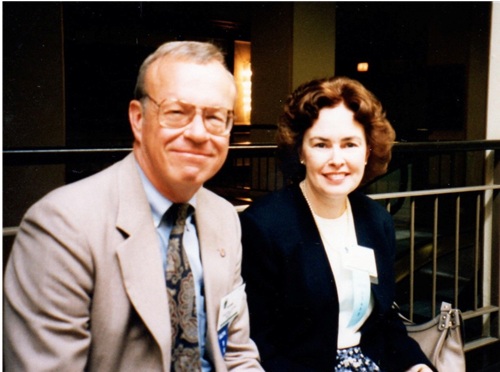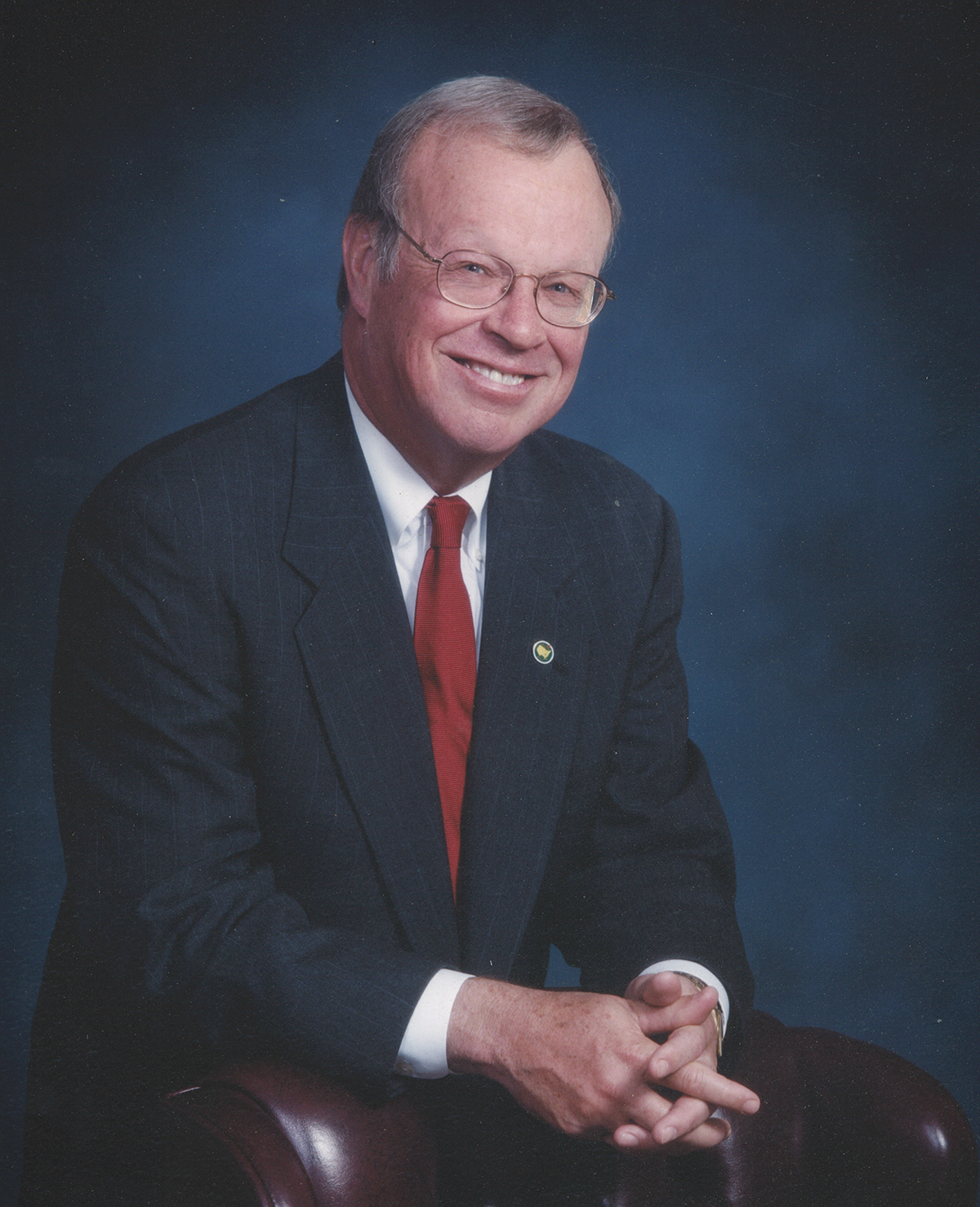What We're Reading Now
My Good Life Has Been Supported by Great Therapists
23 September 2025
Barbara read 4 Things Therapists Want You to Know Before You Start Therapy by Christina Caron and took stock of how six out of seven therapists over a 50-year period have helped her to live a good life.
Tags: barbara read, grief, mental health
Christina Caron, a New York Times reporter who covers mental health, tried going to a therapist in college, had a terrible experience, and didn’t try therapy again for years. I’ve never known anyone including myself who was thrilled about starting the process and who didn’t put it off for a while even when they have decided they needed to go.
What made me get over my resistance was that my 5-year-old daughter and I were having disagreements. She screamed at me, and I screamed back, and nothing changed. I confessed to one of the ministers at my church, and he recommended a great therapist at a place called Children’s House in Charlotte, North Carolina.
I thought the therapist would tell me to bring my daughter in so she could fix her. She said, “No I just need to see you. You are old enough to stop screaming. She is not. Although if you stop, she might.” She saved my life and taught me a new way to relate to my children. The lessons I learned from Children’s House are in my book, Turn Your Face, How to Be Heard and Get What You Want Most of the Time. My husband and I spoke with great reverence about how this therapist helped our family.

Without therapy, I know Allison and I would not have the relationship we both love today.
Most of my times with therapists, I’ve been a “go in, get advice, and get out girl.” One or two sessions would get me on track because once I’ve decided I want to change something, I’m a very good student. I did go every month when my children were teenagers just to talk things over. I would usually leave with a plan for a different way to interact with the children or my husband George or a reminder that I was an Introvert who needed daily alone time and a few days to myself every now and then. George was startled and more than a little nervous when I told him I’d be going to the beach by myself for the first time when the children were three and five, but eventually he understood I needed to recharge, and the children needed to see that he could take care of things.
When George was first diagnosed with Parkinson’s, I went back to therapy weekly to help me cope with the sadness I felt for him and our future and the fear I had about what we would do when his symptoms really got complicated. That therapist helped me to grieve his diagnosis and manage my anxiety about the future so that I could stay present to the fact that for the first six years, he wasn’t suffering, and I wasn’t doing too much caregiving. I needed help figuring out how to enjoy my life and stop worrying about when things would get bad.
Caron has some great suggestions in her article, 4 Things Therapists Want You to Know Before You Start Therapy, for what to consider before you start therapy.
“1. A strong bond is essential.”
Caron interviewed several experts. “’It’s not the type of therapy. It’s not the type of therapist,’ said Yuxin Sun, a psychologist in Seattle. ‘It’s the relationship that heals.’”
Caron recommended trying “…to speak with more than one therapist before committing. Many offer free 10- or 15-minute consultations. And trust your gut. Within about three sessions it will most likely become clear whether you work well together, said Riana Elyse Anderson, a clinical psychologist and an associate professor at the Columbia University School of Social Work in New York City.”
I didn’t do the interviewing that Caron suggested before I chose a therapist. I relied on the recommendations of friends. I’ve been to seven therapists over a 50-year period. All but one were just what I needed at the time. The one that didn’t fit said that my 21-year-old son’s problems were my fault because I had never watched him whitewater canoe. When we walked out, I said to my husband, “She’s full of sh*t. I went to every other sporting event and thing that mattered to him.” We didn’t go back to that therapist.
George and I went a few times together when we hit rough patches and having an objective facilitator helped us find ways to communicate with and enjoy each other more. However, my husband was a good student too, so eventually all I had to say was, “I think we might need a session with our therapist,” and he would immediately listen to me with a warm, open attitude, and we could sort it out on our own. I never threatened him with therapy, but he would often tell his friends and clients that when I said I thought we needed to go, it was a signal to him that he’d missed something that was upsetting me.

Without therapy, I know George and I wouldn't have taught and coached physician leaders together for more than 30 years.
Throughout our marriage, I went by myself more often than George did but that’s because I struggled with anxiety and a bit of depression more than he did. He was always more optimistic and hopeful by nature than I am, and I often envied how prayer and a good church service could bring him comfort.
While I agree with Caron that you should find a therapist you connect with and it may take a few sessions to know for sure, I would also add that in my experience you don’t necessarily need to like your therapist or the experience of therapy. You just need to feel enough of a connection to do the work and trust the person’s expertise and approach.
“2. You might feel worse before you feel better.”
You will need to change some behaviors and that won’t necessarily be fun. Whatever you have been doing has not been working or made you feel good. Some discomfort can mean you are making needed changes. One of the things I’ve always needed to do is speak up and say what I want in a calm, confident voice. If I’m in conflict with someone, that has never been easy for me nor do I expect it to be so in this life. But I have learned to give difficult feedback much more quickly and with more courage than I used to. Many of my therapists have helped me to identify what was bothering me, find my words, and then practice saying what I mean.
Also, pay attention when you find yourself disagreeing with your therapist. Sometimes it means you need to explain yourself or give feedback, but often a visceral reaction to a therapist’s observation or advice was a sign that the therapist was on the right track and I needed to open my mind.
“3. You have agency.”
“Therapy is supposed to be collaborative.” You have power. A good therapist doesn’t just repeat back to you what you said, nor do they quickly tell you what to do.
“Ideally your therapist will check in frequently to see how you’re feeling about your work together. But if they don’t then you can feel free to do so. Let them know what’s working and what’s not working. This is your time, and you deserve to get the most out of it.”
Friends or family members may suggest that you see a therapist, and others may not want you to go, but if you haven’t decided, all on your own, that you want to be there, you won’t tolerate the discomfort in the beginning or when you try new behaviors as your time together progresses. While you may need help, you are still in charge of if and how you decide to change your behavior or ways of thinking.

Without therapy, I know I wouldn't have been ready to be this happy our first Christmas without George.
“4. Therapy is not a sign of weakness.”
I loved Caron’s description of therapy: “Seeing a therapist doesn’t mean that you’re fragile or that other people have it all figured out and you don’t. It simply means that you’re taking a step toward bettering yourself.” After my first trip to a therapist, I understood that I did not need to be ashamed or try to hide that I was getting help for my mental health.
I talked weekly on the phone with a therapist the last year I lived in Charlotte. I had many aches and pains from caregiving for my husband who had Parkinson’s for ten years, the last three of which I was his assisted living. I was seeing all kinds of doctors—internist, physiatrist (a nerve specialist to test for carpal tunnel), orthopedic hand surgeon, rheumatologist.
I thought, “I’ll go back to therapy in case stress and other things I’m not aware of are causing pain.” I had done a 15-week program in my 30s to learn to manage my anxiety, but dreading my husband’s next fall had brought worry and fear back in a way I couldn’t control and none of my tools were working. Also, we knew that getting COVID would be terrible for either one of us, therefore we chose to isolate. I’m still glad we did, but not being able to escape caregiving took a toll on me.
Even once we moved back to Charlottesville, Virginia, to be closer to Allison and get her help, I still needed to be in counseling weekly to manage such a difficult time. The Charlotte therapist was not licensed in Virginia, so in 2022 I had to find a new one. I talked to her every week the last six months of my husband’s life and for four months after he died. Both therapists helped me care for my husband and myself.
Eventually, I eased into widowhood with the help of my daughter, my son and his family, and a few close friends. I am experiencing a kind of freedom and joy unlike anything I could have imagined at this stage of my life. With the help of some amazing doctors in Charlottesville and physical therapy, I feel better than I have in years. Every day I look at my favorite picture of my husband with his great smile that hangs on the wall in my office, and I know he would be happy for me. Hard times may come again, but I am enjoying this chapter of my life thoroughly and I am comforted that if I need therapy again, I know it can always help me to manage whatever life may bring.

p.s. When I'm missing George, I read his obituary Allison wrote, the incredible article a Charotte Observer reporter wrote about his joyful life, and I play hymns for him as though he's still sitting in his blue chair cheering for me.







Comments
Our Comment Policy:
Our blog posts are only half of the conversation. What our readers have to say is equally important to us, and we're grateful for all the comments that continue the dialog.
To ensure that the discussion here is as useful as possible to all of our readers, please be respectful of our contributors and refrain from harassing, threatening and/or vulgar language. We reserve the right to screen and remove any comments from the site. If you have a question about a comment or want to discuss our policy, please contact us. We'll talk it over.
There are no comments for this entry yet.